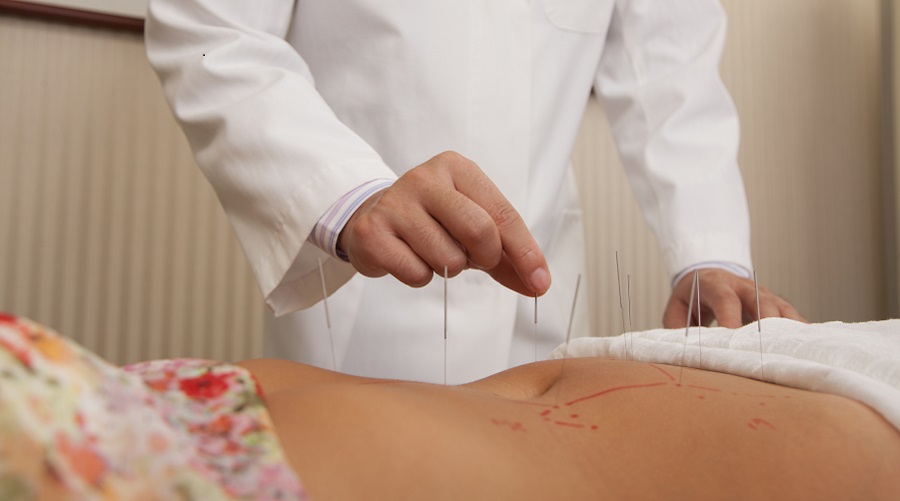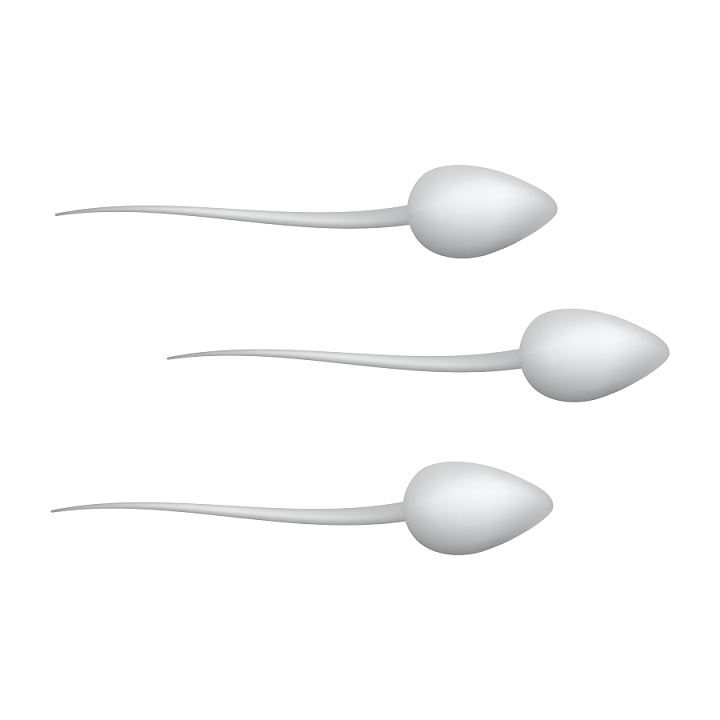
The Emotional Side of Infertility: First Steps
January 28, 2020
Initial Visit with a Therapist
February 18, 2020An excerpt from Fertility & Beyond: Join the Conversation
By Natalie Burger, MD, Reproductive Endocrinologist
A lot of people will look to “alternative” treatments and/or lifestyle changes to achieve pregnancy.
There are a number of things to consider, such as acupuncture, supplements, and general lifestyle changes. All of these can have a positive impact on your fertility and potential success of your treatment plan.
Vitamin D
While we don’t have a lot of information on how Vitamin D impacts fertility, there is some emerging research that people with low Vitamin D levels may have more problems with infertility. We don’t know for sure if replacing the Vitamin D is definitely going to improve their fertility, but because it’s a fairly cheap and easy option, we consider it.
Weight/Body Mass Index (BMI)
Weight is a big thing when it comes to fertility.
Many people are surprised to find out that sometimes even minor changes in body mass index, or weight, can make a big difference in terms of fertility. Even as few as ten pounds can make a big difference.
Stress
It’s hard to measure how much stress impacts fertility, but at the very least, it feels crappy! So, finding ways to reduce stress as much as possible is paramount. This is an area where acupuncture can play a role since it tends to be relaxing among other things!
Acupuncture
On top of stress reduction, there may be other fertility benefits with acupuncture that we can’t fully measure easily because the right studies aren’t out there yet. Depending on where you are, it’s best to find an acupuncturist that focuses on fertility and is also respectful of Western medicine.
In our particular geographical area, we are lucky to have professionals that really focus on fertility acupuncture and integration with Western medicine. They function not only as acupuncturists but also as fertility coaches and cheerleaders if you will.
We are all in it together; we are all trying to optimize reproductive health and help patients feel better as they work on getting pregnant.
About Natalie Burger, MD, Reproductive Endocrinologist
Dr. Burger is Board Certified in both Obstetrics & Gynecology and Reproductive Endocrinology & Infertility. She has special interests in hysteroscopic surgery, ovulation induction, PCOS, hypothalamic amenorrhea, and recurrent pregnancy loss.
Natalie began her studies in molecular biology at MIT—but realized that women’s health was of particular interest to her. She ended up working in a laboratory where she learned about the field of infertility. She knew that she wanted to specialize in women’s health and thought that obstetrics would be the field of focus. In the end, she realized that infertility treatment and surgery were what really drew her toward the field of Reproductive Endocrinology and Infertility.
Reproductive medicine is an ever-changing and dynamic field where she can be a very important part of people’s lives at a point when they’re really struggling and facing personal challenges. She considers it a privilege to work with these special couples and patients in their quest to grow their family.
Contact Information:
Phone: (512) 451-0149
Website: http://txfertility.com
Get your copy of Fertility and Beyond: Join the Conversation on Amazon.





